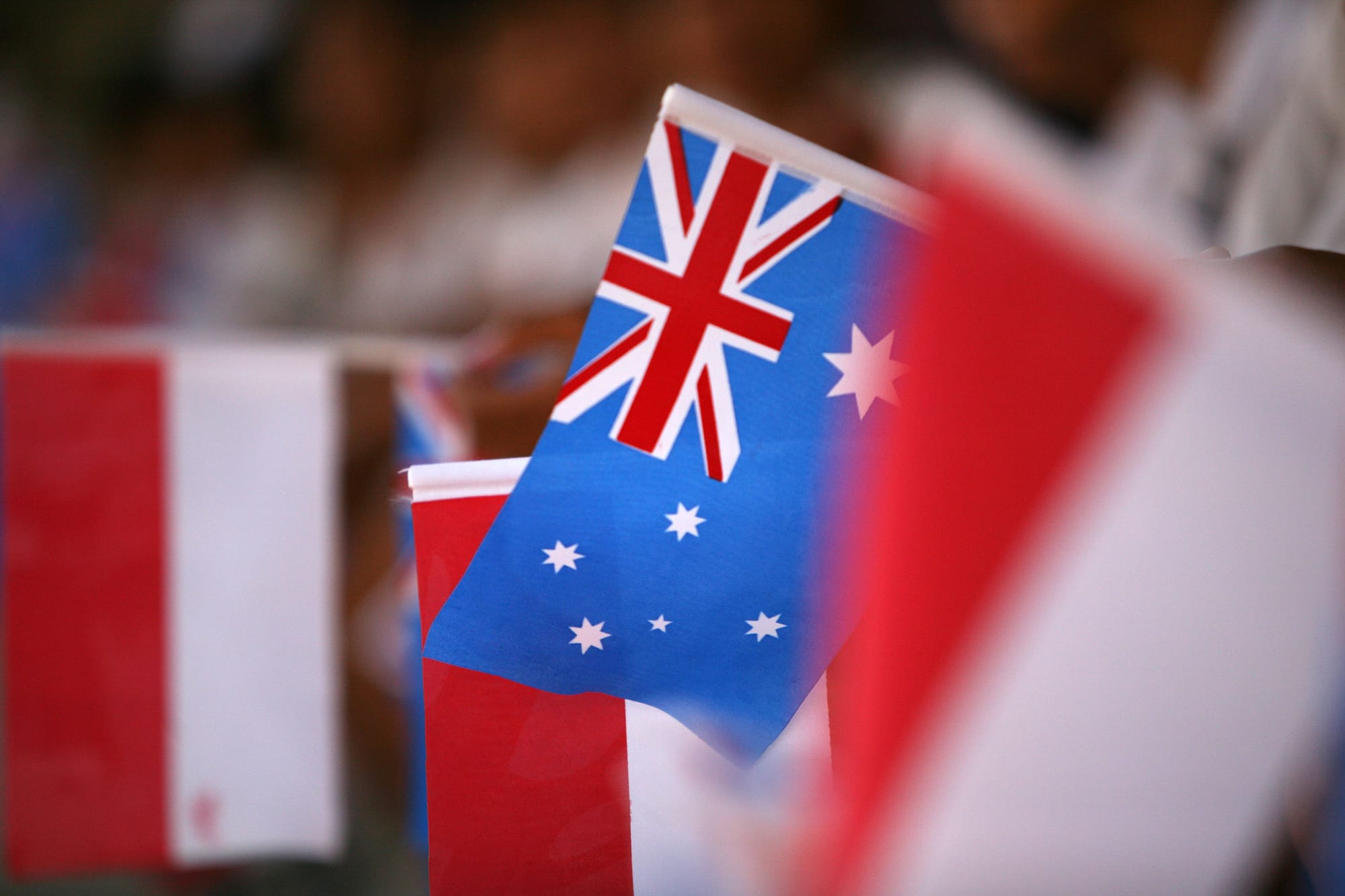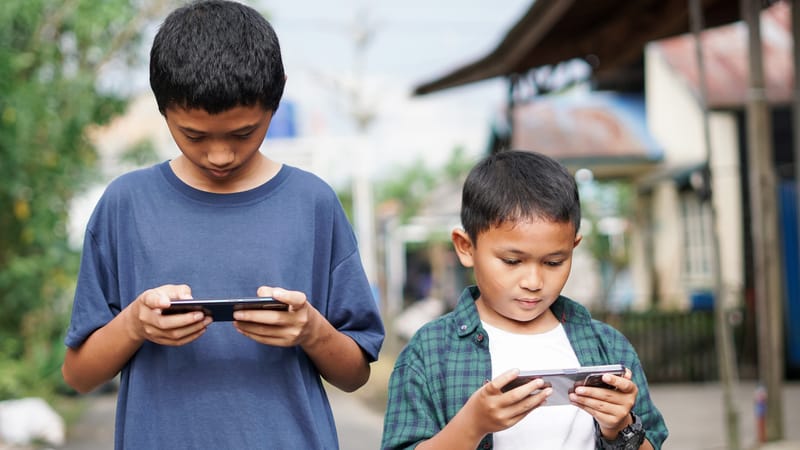
Can Australia and Indonesia collaborate like the Avengers? On Monday, President Joko “Jokowi” Widodo said:
"When the forces of good unite, the Avengers assemble, then the common enemy can be defeated. When Indonesia and Australia continue to collaborate, then intolerance, protectionism, the fear of poverty and the threat of climate change can be overcome."
While the last item might not get much traction in Australia, both national leaders seem confident about the collaboration between both countries and see a bright future ahead. The enthusiasm follows lawmakers officially ratifying the Indonesia-Australia Comprehensive Economic Partnership Agreement (IA-CEPA).
Partnership and collaboration are becoming more common approaches to some of our most pressing challenges; from cancer research, to large infrastructure projects, even to achieving the Sustainable Development Goals.
However, you could say that in many instances collaboration itself turns out to be one of these big challenges. Even though Australians and Indonesians are both friendly and easy-going, systemic boundaries – lack of resources, institutional underpinnings, and inequitable collaborative processes – can slow the process.

Through our work for the Australia-Indonesia Centre, we helped to link hundreds of researchers, government departments, business partners and other stakeholders in a variety of collaborative partnerships across both nations.
Through extensive evaluation of our work, we learned many valuable lessons on the key requirements to set up successful collaborative endeavours.
Here are some starting points that are often overlooked in dealing with systemic boundaries.
Establish a level playing field
Innovative partnerships and new collaborations typically generate a lot of energy and enthusiasm.
But systemic barriers can result in projects and ventures being delayed, and people becoming demotivated and disengaged. For example, when there is a delay in data exchange between the countries, people tend to blame their counterparts and get annoyed, rather than noticing the absence of an agreement that allows for the exchange of data.
This response relies on the “fundamental attribution error”, by which we attribute things that don’t go well to people’s personality, rather than considering the situational constraints.
That's a shame, as most people are very willing to collaborate and give it their best.
Contributions in terms of money, effort, time or ideas require careful consideration. They don't have to be equal in absolute terms, but have to be equitable to fully engage everyone once they start collaborating.
This sounds simple in theory. But differences in legal and bureaucratic environments can affect partners’ autonomy and timing of projects.
Both Indonesia and Australia are on different bureaucratic cycles. This means, for example, that budget decisions and allocations do often not align.
Because of the differences in bureaucratic decision-making, extra time might be required to get the desired result. The contracts and agreements that underpin the collaboration, therefore, require careful planning and consideration to prevent later misunderstandings and delays.
Ensure equitable participation
Once the playing field is established, we should work on systemic barriers between people on the same team.
To get Australians and Indonesians on the same page and to ensure equitable participation, it's essential to have everyone participate straight from the very early stages. Shaping projects collaboratively drives equal representation of ideas and ownership, as well as achieving team commitment to outcomes.
Stimulating a “shared mental model” about who is on the team (and who is not), what the team will do, why, and how it will go about it can support collaboration.
Having a shared understanding of these aspects of teamwork can overcome differences in national culture and create a culture that is unique to a team. A shared goal can anchor the collaboration and guide energy.
Skilful facilitation at these early stages can unite people who speak different languages (including jargon), and come from different cultures and fields of expertise.
For example, at first instance, Indonesians often tend to talk less and listen more in meetings. Australians are happy to fill the gaps. As a result, the Australian voice can overpower the Indonesian. A facilitator can help here to accommodate these cultural differences, and ensure equal input and influence.
Avengers, assemble!
Australia and Indonesia have had a working relationship since the early days of Indonesian independence. This relationship has had its fair share of challenges, as most strong relationships have.
President Jokowi voiced a strong intention for Australia and Indonesia to become partners in the development of the Pacific region. This vision would be a departure from the current strong bilateral relationship into multilateral collaboration.
As challenges become more complex, collaboration becomes more complex, but potentially also more interesting and rewarding. Whether it's combating bushfires, stimulating equality through trade, or supporting development of the Pacific region, we’ll need an epic team-up that ensures results.
This article was co-authored by Dr Eugene Sebastian, Executive Director of The Australia-Indonesia Centre, a collaborative research initiative to advance people-to-people links in science, technology, education and innovation.
This article originally appeared on The Conversation.






